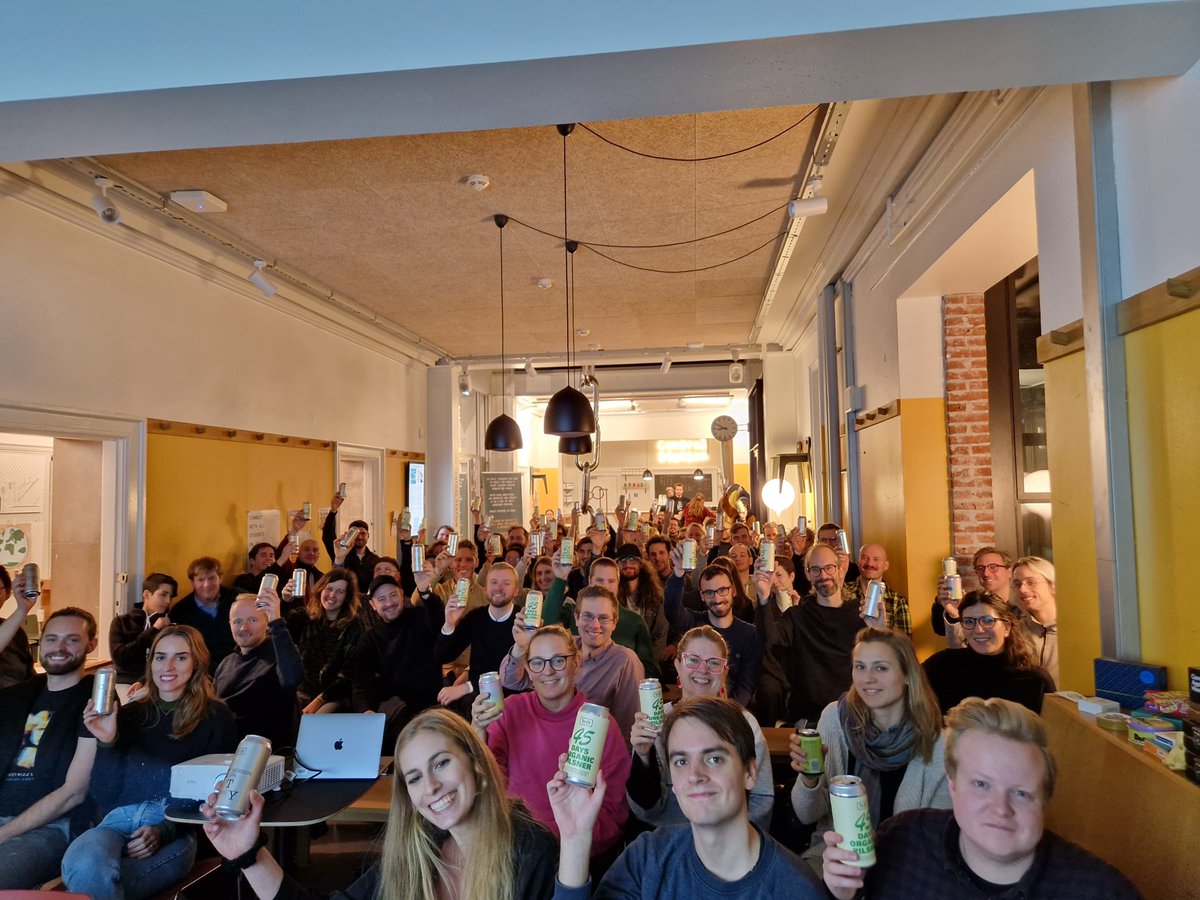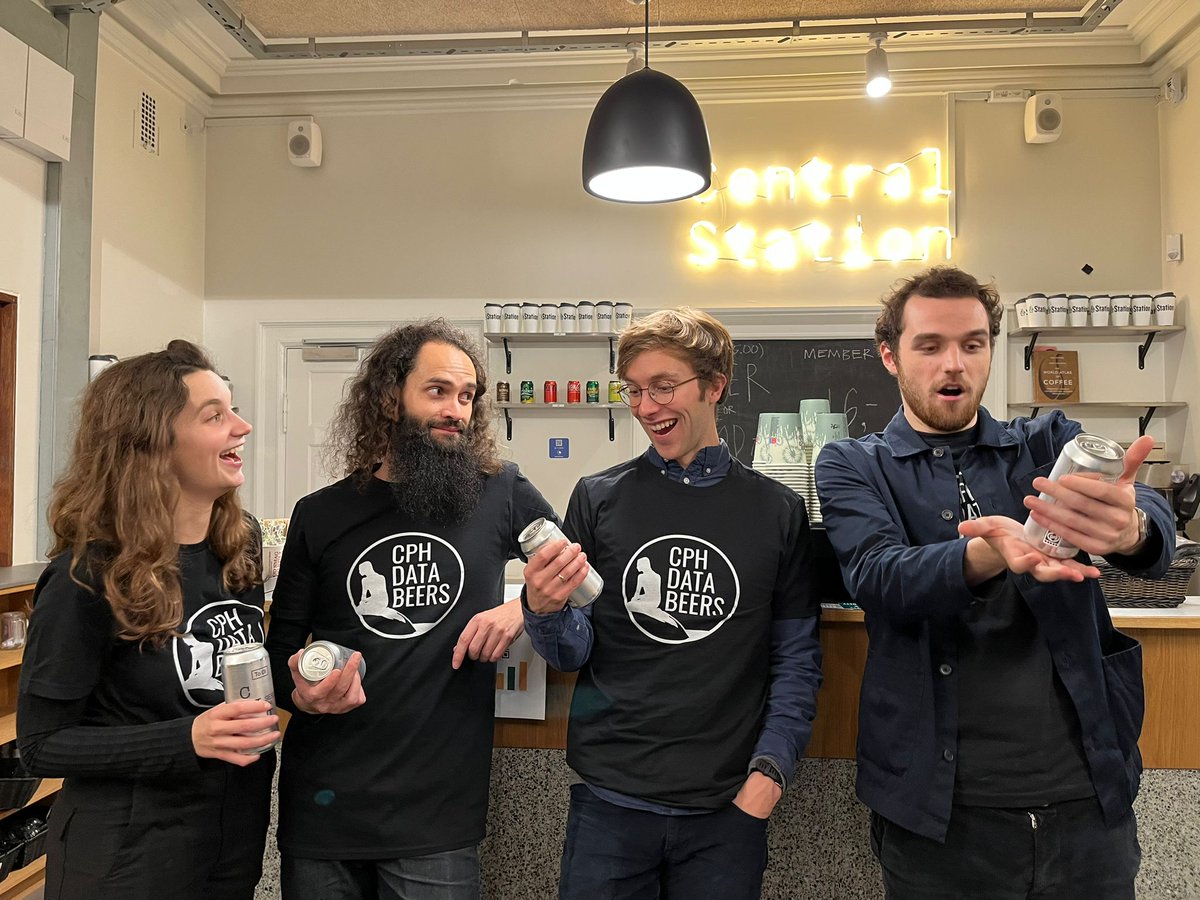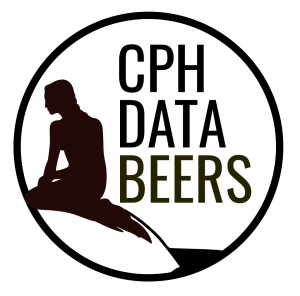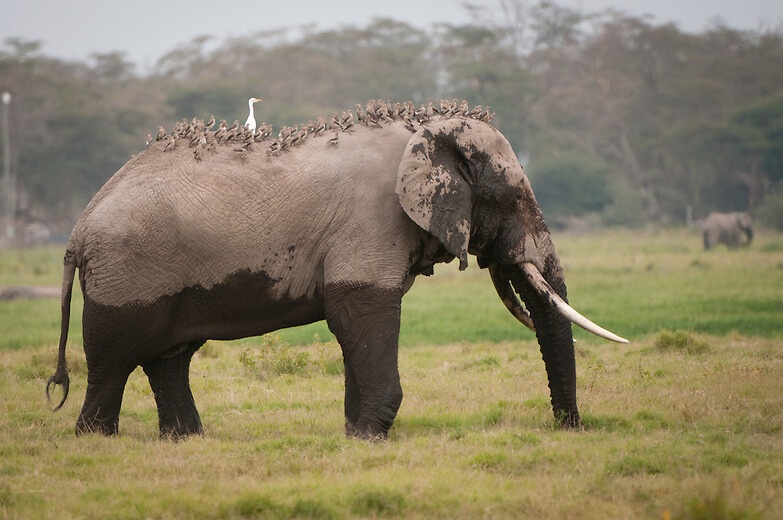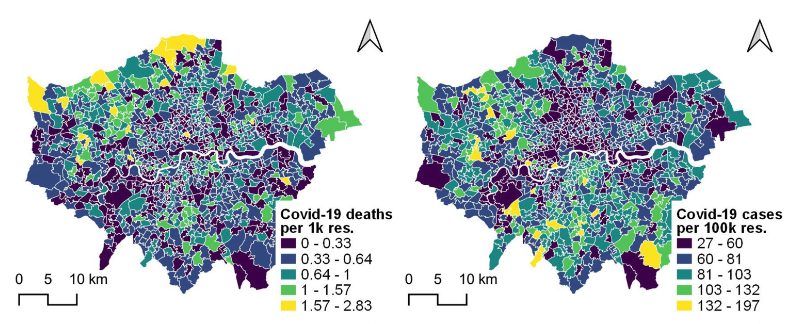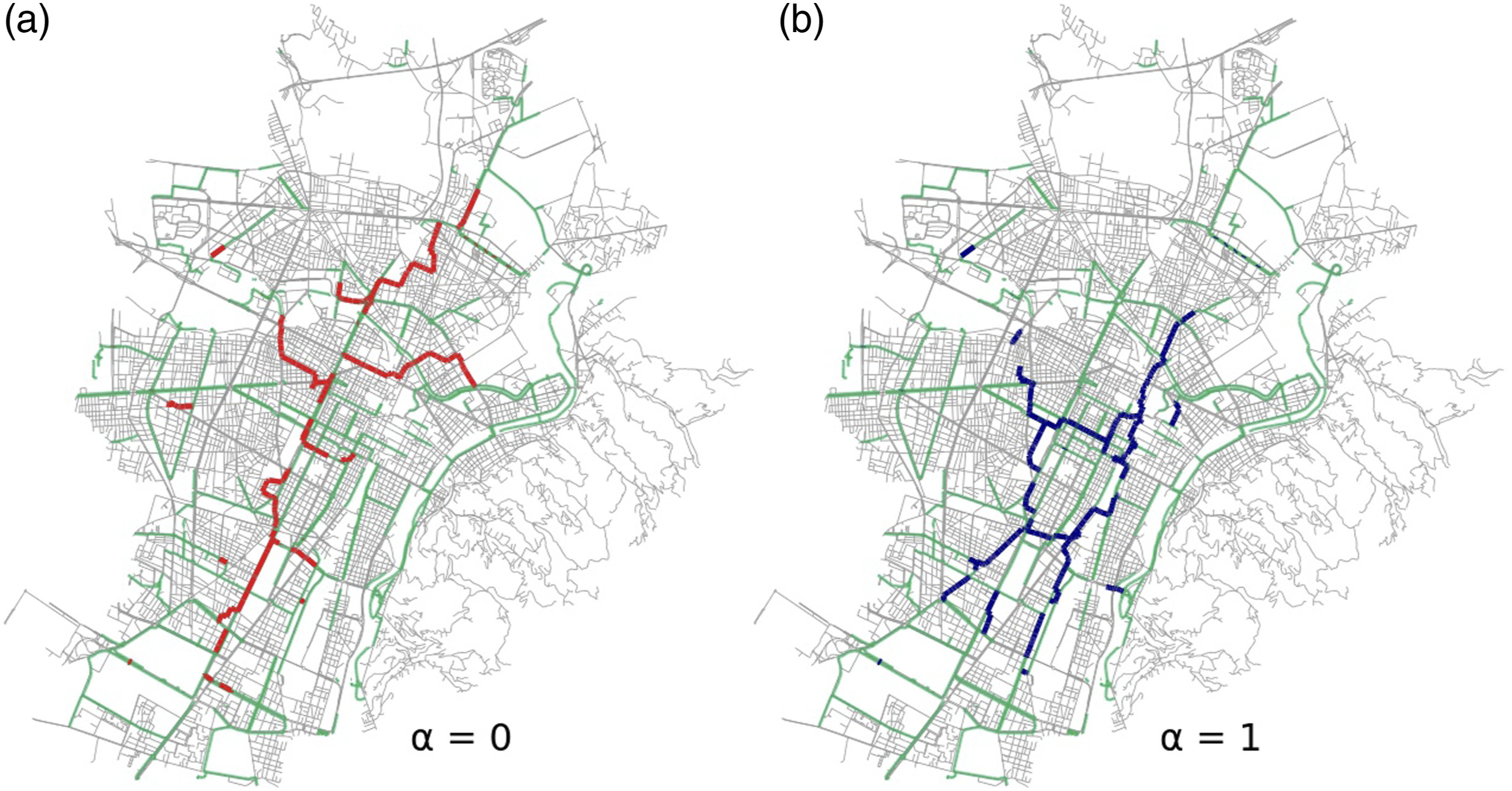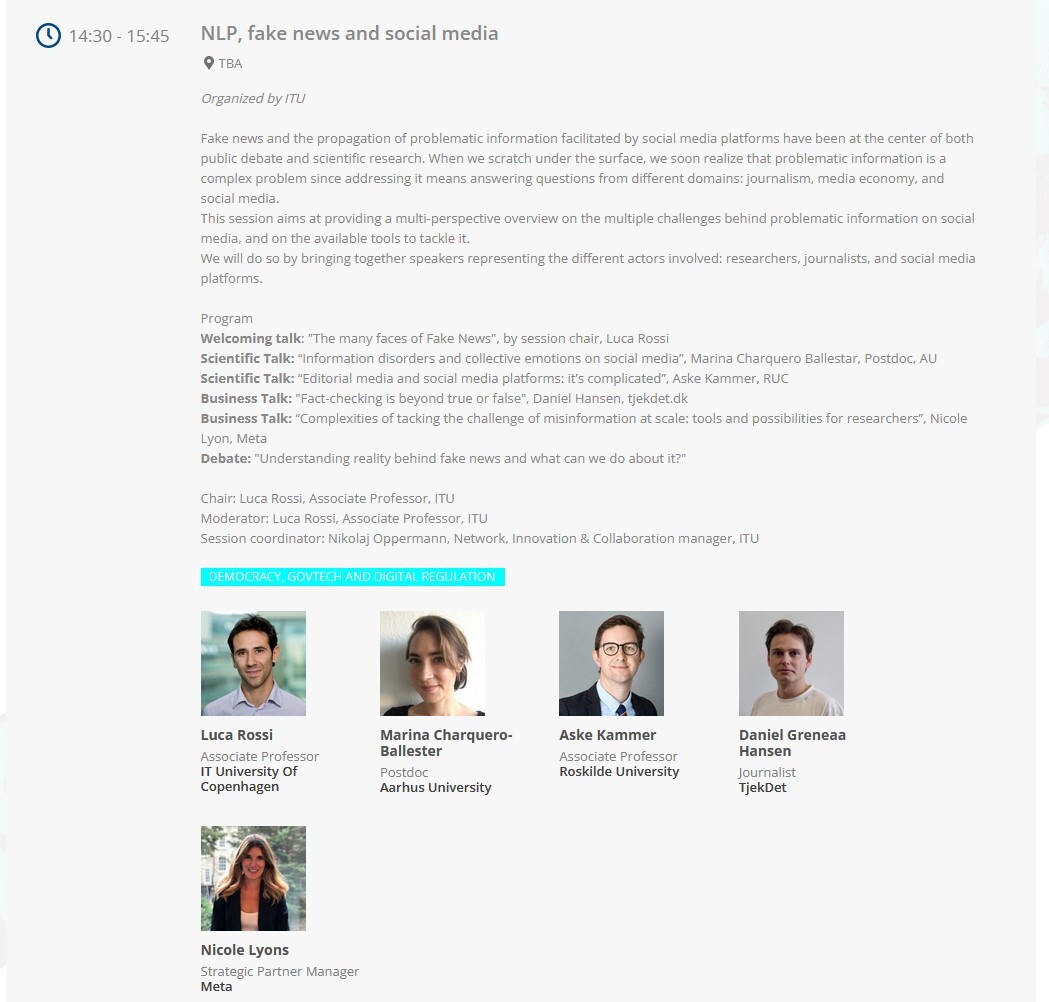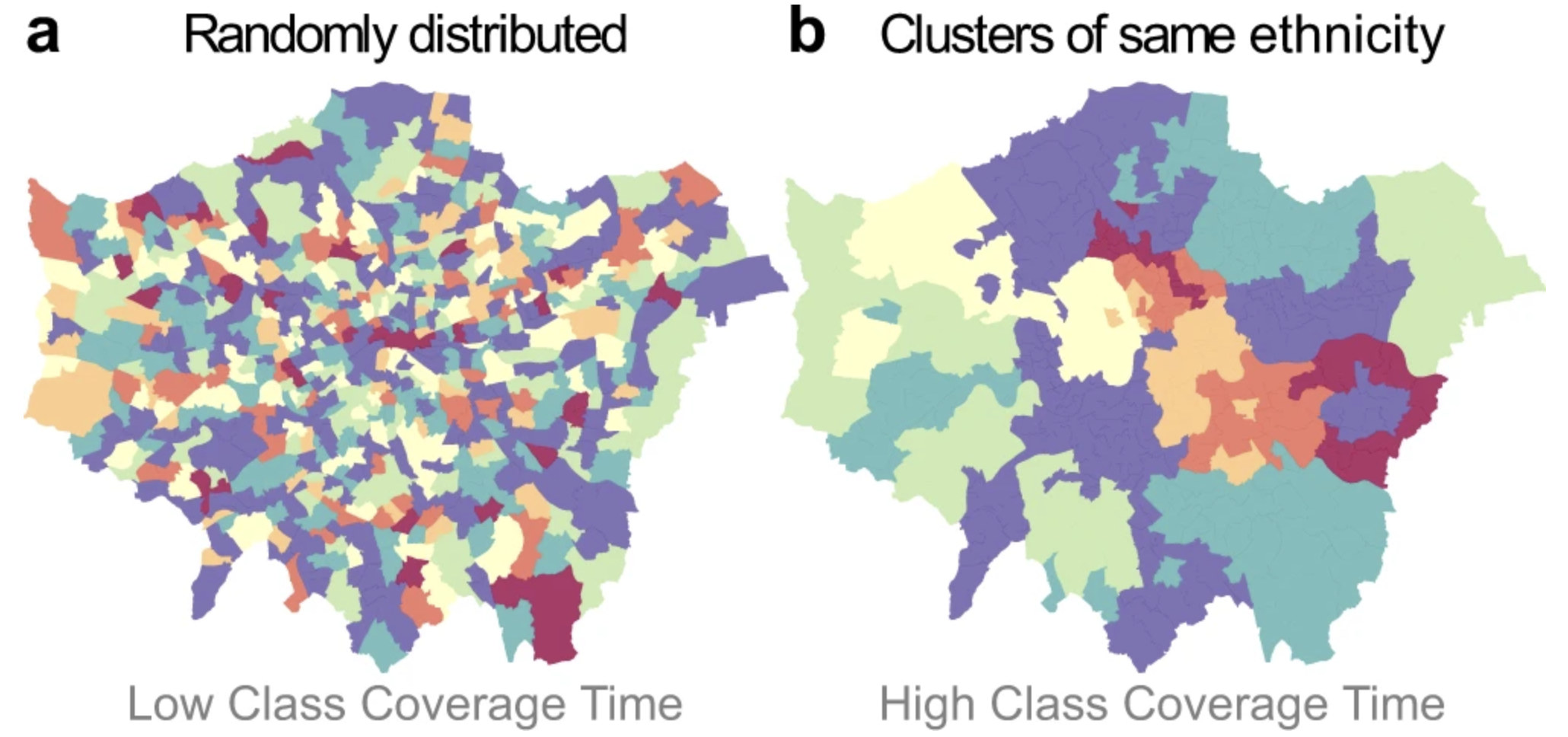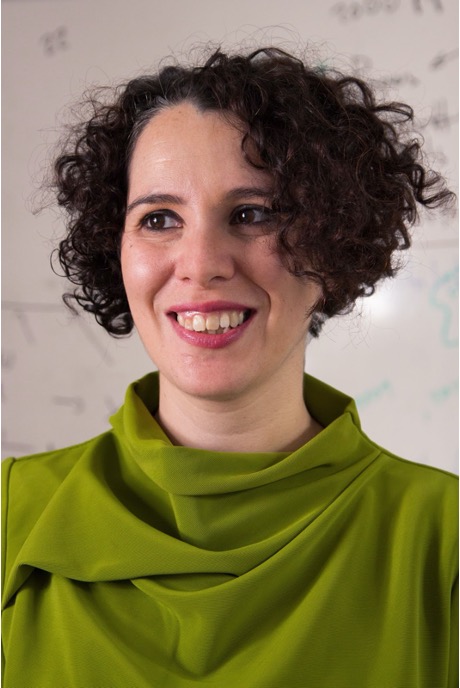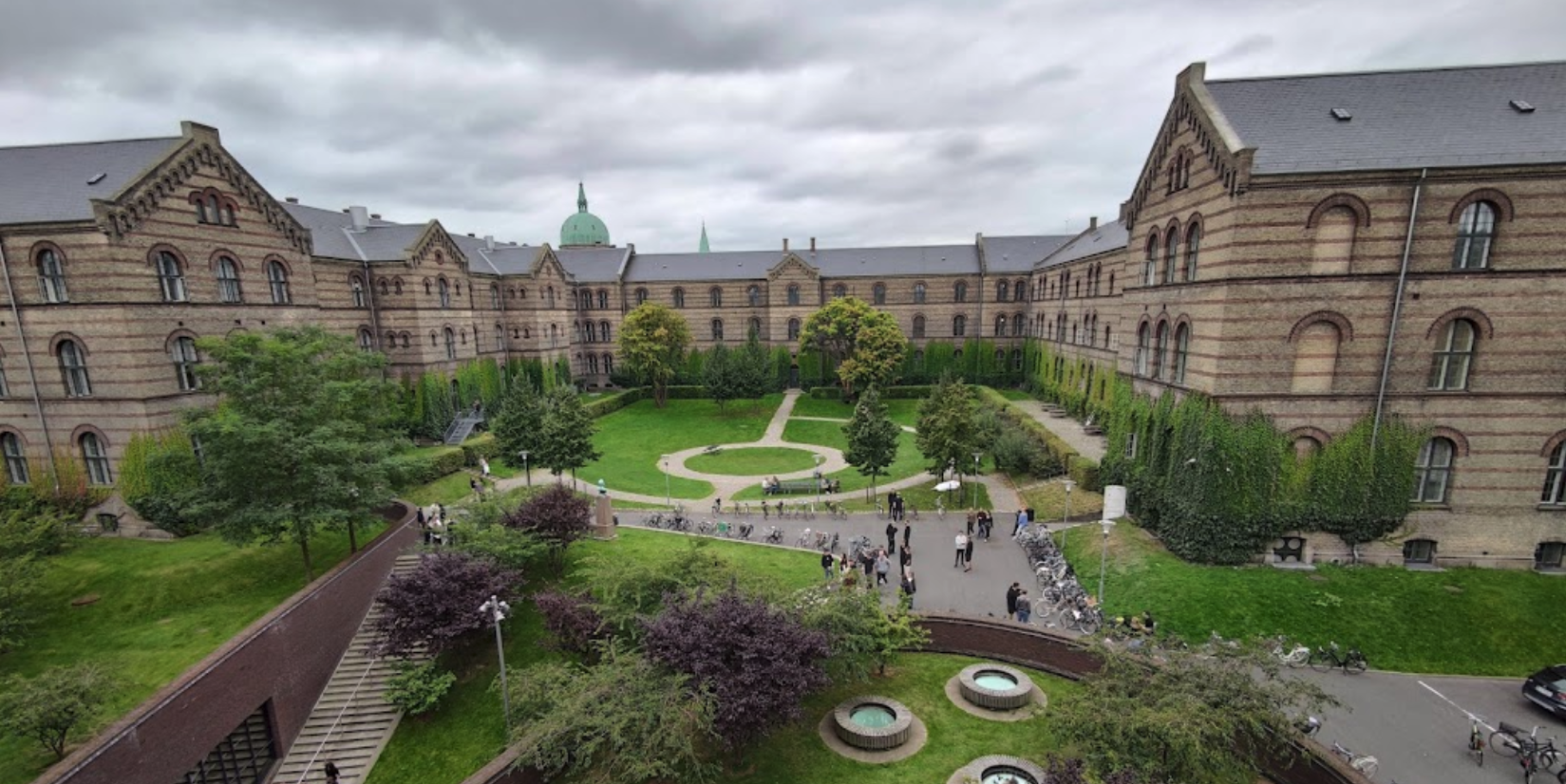Multidimensional tie strength and economic development, by L.M. Aiello, S. Joglekar, and D. Quercia, published in Scientific Reports
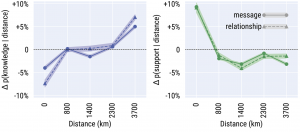
For decades, Granovetter’s tie strength has been quantified using the frequency of interaction. Yet, frequency does not reflect Granovetter’s initial conception of strength, which is a mix of social dimensions including exchnage of knowledge and provision of support. We used Natural Language Processing to quantify whether text messages convey expressions of knowledge or support, and applied it to a large conversation network from of Reddit users resident in the United States. Borrowing a classic experimental setup, we tested whether the diversity of social connections of Reddit users resident in a specific US state would correlate with the economic opportunities in that state (estimated with GDP per capita). We found that the combination of diversity calculated on the knowledge and support networks correlates much more strongly with GDP than diversity calculated on a network weighted with interaction frequency (R2=0.62 vs. R2=0.30). We also found that the two types of ties differ in their geographical span. Knowledge ties are long-distance (i.e., connecting people living in far-away states), support ties are mostly created among people living close by. Read more in this blogpost.


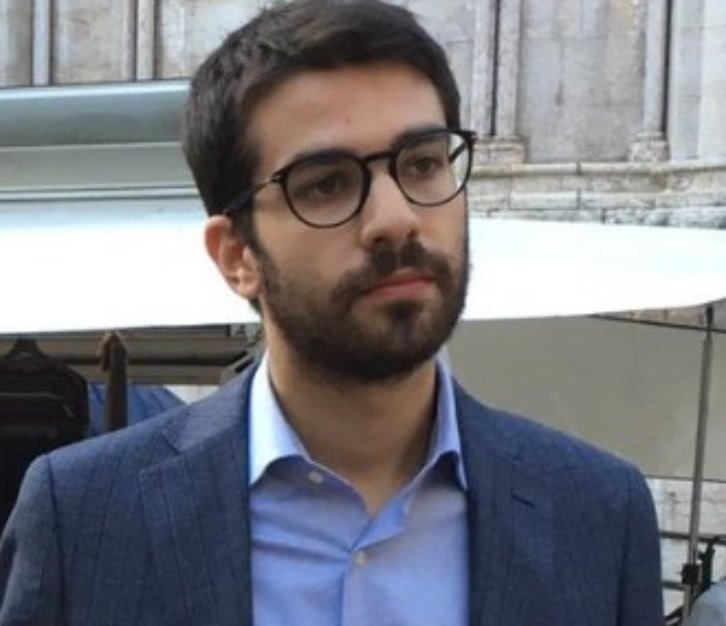 Luigi joins us as PhD student for 3 years. He’ll be supervised by Luca Rossi and work on the EU-funded
Luigi joins us as PhD student for 3 years. He’ll be supervised by Luca Rossi and work on the EU-funded 